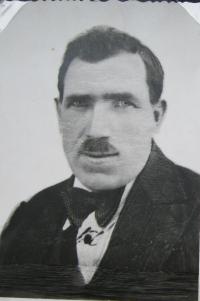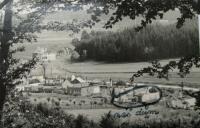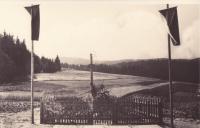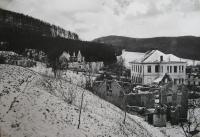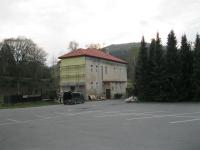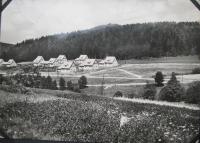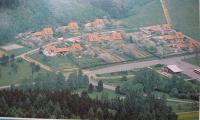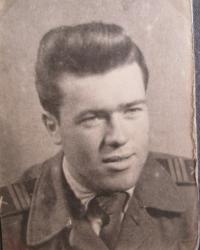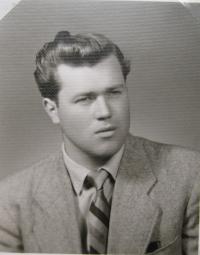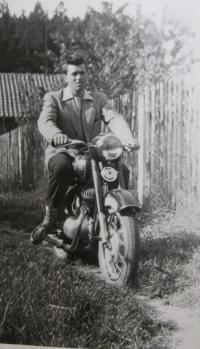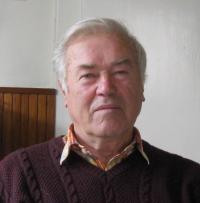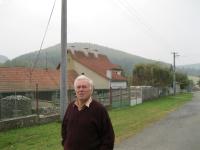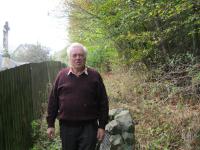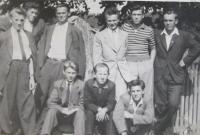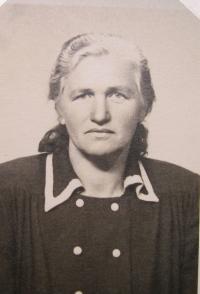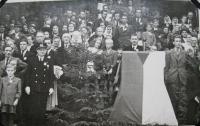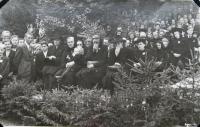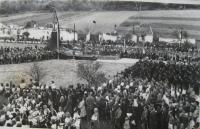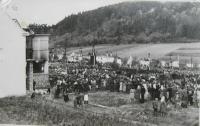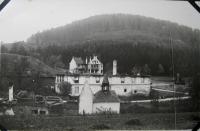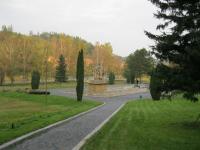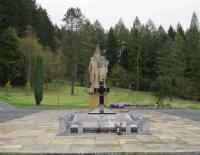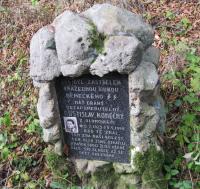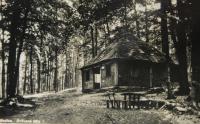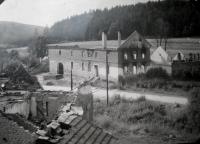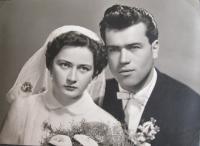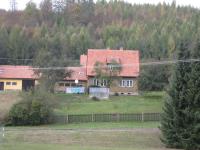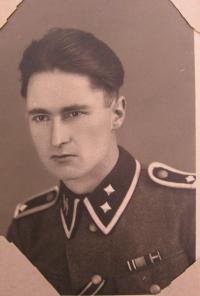When the women fled they ran to their houses to search for their husband, brother or son...
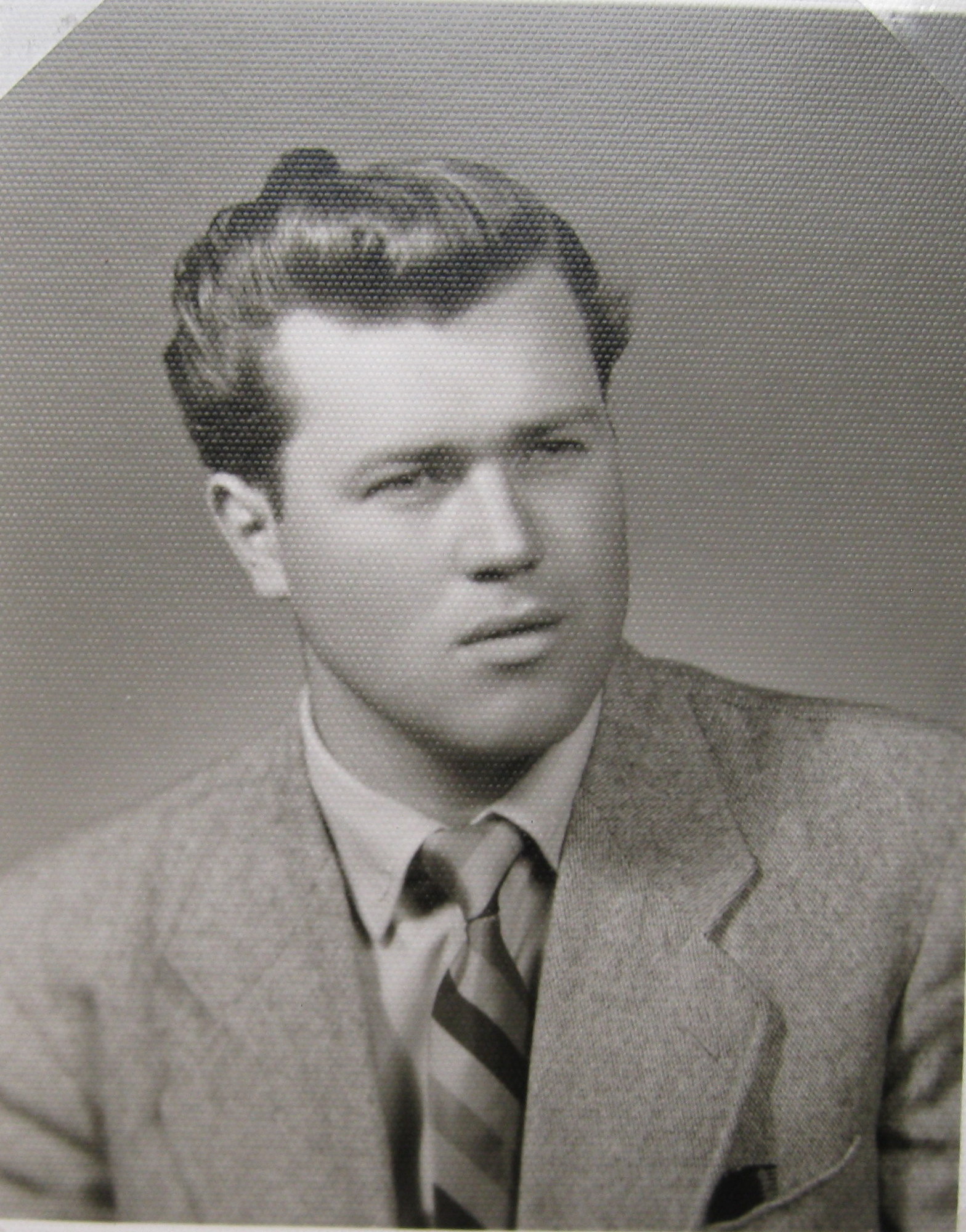
Download image
Jiří Zapletal was born in 1934 in the little village Javoříčko amidst the forests of the Bouzovská vrchovina highlands. Shortly before the end of the war, on May 5, 1945, he became the witness (aged ten) of the burning down of the village by an SS commando led by Lieutenant Egon Lüdemann. Lüdemann’s soldiers killed 38 men from the village in this operation which amounted to the whole male population of Javoříčko. Among the murdered was the father of Jiří Zapletal, Mr. Augustin Zapletal. His mother Marie was left alone with three children and lived with them for four years after the war in one room at her brother’s place in Březina. After a couple of new houses were built in Javoříčko, the family returned to the village where Jiří Zapletal still lives till today.
